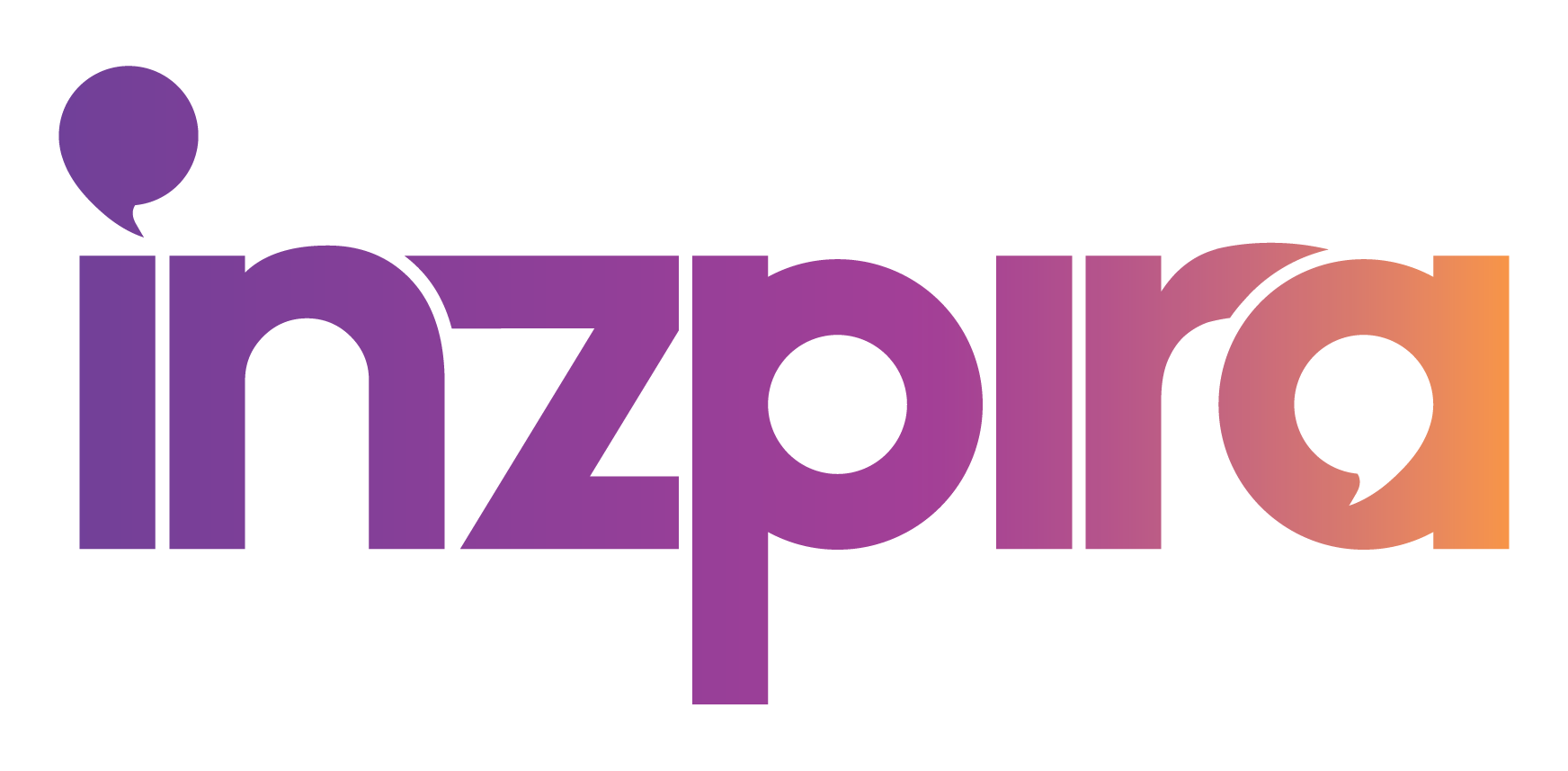Key Strategies for Effective Lesson Planning
Key Strategies for Effective Lesson Planning

Effective Lesson Planning Strategies for Teachers | Create Engaging Lessons
Introduction
Effective lesson planning is the backbone of successful teaching. A well-crafted lesson plan lays the foundation for engaging and purposeful learning experiences that lead to student achievement. Whether you’re new to teaching or a seasoned educator, these key strategies will help you streamline your lesson planning process, create dynamic lessons, and boost your overall teaching effectiveness.
Step 1: Define Clear and Measurable Learning Objectives
Start with the end in mind! What do you want your students to know or be able to do by the end of the lesson? Clearly defined learning objectives serve as your compass, keeping your lesson focused and aligned with your curriculum.
- Action: Select 1-3 specific objectives and use action-oriented verbs (e.g., explain, analyze, compare, create) to ensure they’re measurable.
- Example: Instead of “Students will understand fractions,” aim for “Students will be able to add and subtract fractions with like denominators.”
Step 2: Understand Your Students
To make your lessons truly resonate, consider your students’ prior knowledge, learning styles, interests, and potential challenges. This understanding will help you adapt your approach and activities.
- Action: Before planning, create a ‘Student Snapshot’ outlining their prior knowledge, learning preferences, and potential challenges. Use informal assessments like pre-tests, surveys, or observations to gather this information.
Step 3: Design Engaging Learning Activities (With Variety)
Keep students motivated by incorporating a variety of learning activities into your lesson.
- Action 1: Plan your opening activity (the “hook”) to spark curiosity (short video, real-world example, intriguing question).
- Action 2: Design at least two distinct learning activities to target different learning styles. Examples include:
- Visual learners: Graphic organizers, infographics
- Auditory learners: Short podcasts, think-aloud demonstrations
- Kinesthetic learners: Role-play, hands-on manipulatives
Step 4: Assess Student Understanding with Purpose
Plan how you’ll monitor student understanding throughout the lesson for ongoing feedback and to pinpoint where you’ll need to adjust your instruction.
- Action 1: Incorporate 2-3 quick formative assessments, such as strategic questioning, observation checklists, or “thumbs up/down” for comprehension checks.
- Action 2: Design a brief exit ticket aligned with a learning objective.
Step 5: Be Flexible and Reflective
Even the best-laid plans may need adjustments. Be prepared to adapt your lesson based on student engagement and real-time assessment results. After each lesson, take some time to reflect on your experience.
- Action 1: Build in a few minutes of flexibility for when students need more time or are ready to move ahead.
- Action 2: Dedicate 5-10 minutes post-lesson for reflection. Consider:
- What went according to plan?
- What surprised me?
- One change I’ll make for next time:
Additional Tips:
- Template Power: Create a basic lesson plan template for efficiency.
- Collaboration: Share ideas and lesson plans with fellow teachers.
- Resources: Explore online lesson plan repositories and educational websites.
- Time Management: Set realistic timelines for your lesson planning.
Effective lesson planning is an ongoing process of learning and refinement. By implementing these strategies, making continuous adjustments, and prioritizing reflection, you’ll create dynamic and purposeful learning experiences that foster student success.
Do you have any favorite lesson planning tips or strategies? Share your ideas in the comments below! Be sure to subscribe to our blog for more valuable teaching insights and resources.



[…] the heart of effective education lies the concept of collaborative learning, a transformative approach rooted in Lev Vygotsky’s Social Development Theory. This method […]
Good information